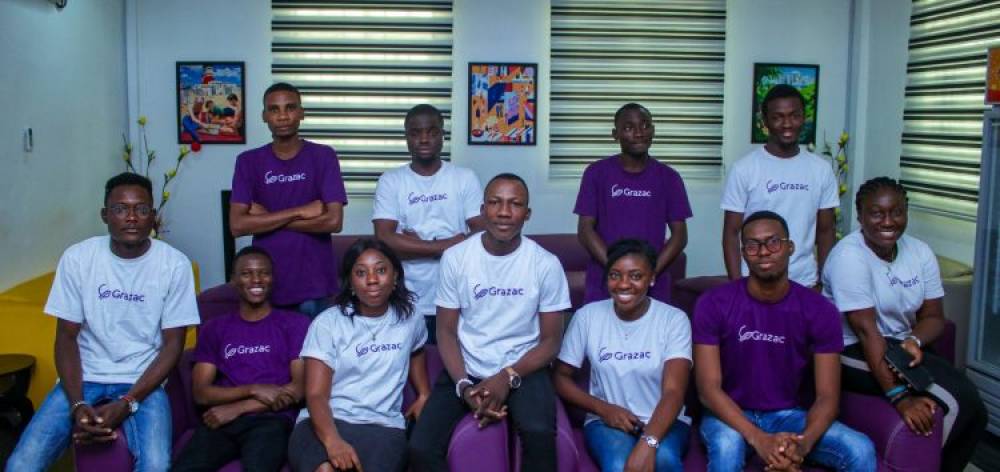
Grazac Academy provides free technology training to youth and connects them to entry-level jobs
Grazac Academy provides free technology training to youth and connects them to entry-level jobs
More people enter the labor market each day than are available jobs; according to research, job seekers apply for more than 20 positions per day. The digital age has accelerated the growth of digital businesses while also altering the employment landscape for young people in the developed world. Due to rapid digitization of the job market, digital skill sets are in high demand, particularly among young people.
However, it appears as though the skills available on the labor market are insufficient to meet the needs of employers in this situation. What strategies are being used to prepare Nigeria's rapidly growing youth population for these new digital job roles? "Does Nigeria's youth possess the necessary skill sets for this new era?" is the critical question in this situation.
We founded Grazac Academy to assist Nigerian youth in learning technology skills while paying nothing until they are hired. In today's Nigeria, having two degrees does not guarantee employment, which is why we founded it.
While the unemployment rate is alarming, we must not lose sight of the fact that our youth are ill-prepared for the meager employment opportunities that exist. A close examination of the digital sector reveals a massive competency-based skills gap that must be addressed.
We believe that if Africa is to rise and Nigeria is to develop, we cannot afford to ignore the technology sector and the youth of this country. Nigeria, the continent's most populous country and home to one of the world's largest youth populations, will benefit greatly from developing technology talent, which will not only boost our GDP but also position us for the fifth industrial revolution, according to the African Development Bank.
It was explained by Victor Adeleye, co-founder and CEO of Grazac Academy, that the training is provided for free because a lack of funds has been the primary reason for Nigerian youths not acquiring skills in the past. Using this new model, the company hopes to connect at least 500 youths with entry-level jobs each year, with participants expected to repay the company once they are hired.
Deborah Oladele, the program manager for Grazac Academy, also emphasized the following points:
Obtaining a technical skill alone is not sufficient; it is also necessary to acquire soft skills that will improve participants' employability and assist them in obtaining or maintaining their dream jobs. As an added bonus, she stated in her statement that participants will not only receive certificates proving their qualifications to work in any tech space anywhere in the world, but they will also receive training on critical soft skills required in the tech industry, which will set them apart from the competition.
The courses, which include product design, front-end web development, back-end web development, and mobile application development, have been designed in such a way that no prior knowledge or experience is required. The mode of instruction is hybrid, and no prior knowledge or experience is required.
After completing the course, participants will be required to complete an internship in which they will work on real-world projects. This will familiarize them with the process of confronting and overcoming obstacles, as well as provide practical experience for when they are placed in jobs.
Students in Nigeria who are prepared to learn the skills and tools necessary to launch a career in technology should take advantage of the tuition-free period available until they find employment. Visit www.grazacacademy.com to learn more about the program and to sign up for classes.

